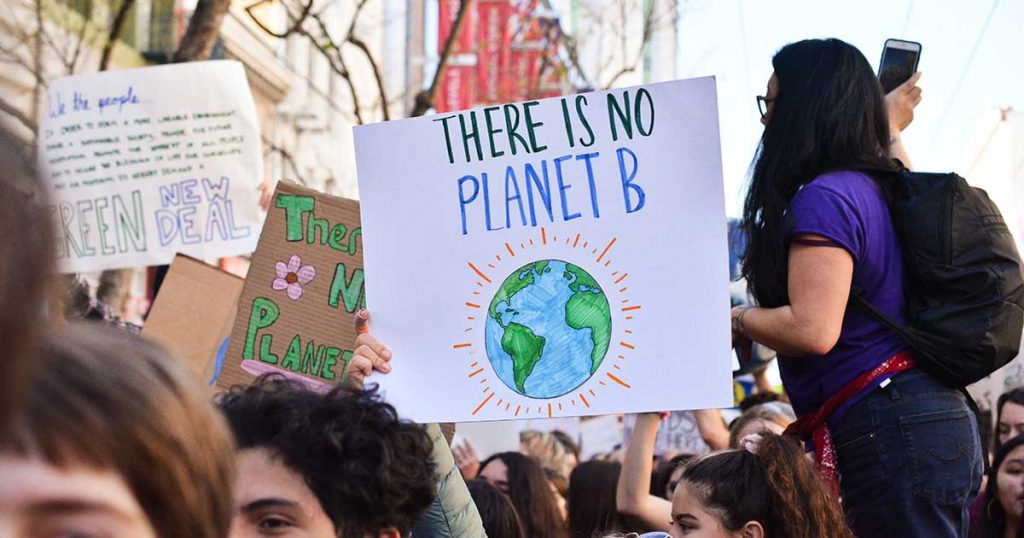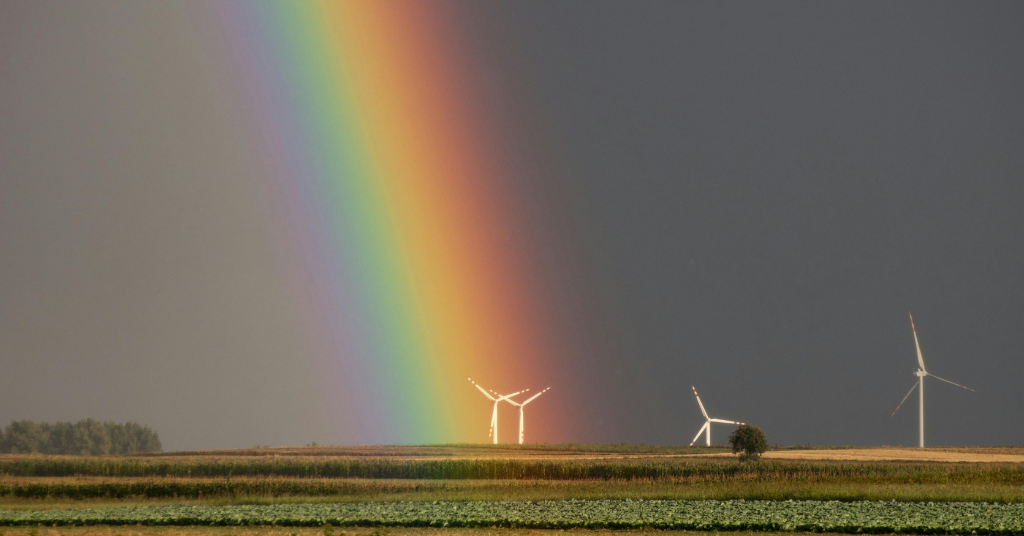The consequences of failing emission targets
As you’d presume, if we can’t reduce emissions, the consequences of climate change would be catastrophic: global temperatures would continue to rise, and oceans would become more acidic, leading to more extreme weather events and rising sea levels.
Heat waves, droughts, floods, and hurricanes would become more frequent and intense, exacerbating problems like water scarcity, food insecurity, and poverty in vulnerable regions.
In addition, the impacts of climate change on biodiversity would be devastating. Species would be forced to migrate to cooler climates, and habitats would be lost, leading to decreased biodiversity. The oceans’ coral reefs, essential habitats for biodiversity, would be especially vulnerable to rising temperatures, becoming bleached and eventually dying.
These changes would also have a significant impact on human health. Warmer temperatures would facilitate the spread of vector-borne diseases, such as malaria, and air pollution would worsen, leading to an increase in respiratory diseases. Additionally, heat stress, heat stroke, and other illnesses related to heat waves would become more common.
Furthermore, a lack of action on reducing emissions could have serious economic consequences. In addition to increased costs associated with managing the impacts of climate change, businesses and industries would likely suffer due to decreased productivity and increased costs to meet environmental regulations.
Failing to reduce emissions would have dire consequences for our planet and its inhabitants. We must take action now to reduce our emissions and mitigate the impacts of climate change before it is too late.
Effects in Europe
If the European Union fails to reduce emissions, the consequences for Europe’s environment, economy, and people will be severe. While acknowledging that the climate crisis is a global issue, the EU has committed to reducing greenhouse gas (GHG) emissions by 40% by 2030 from 1990 levels. If the EU fails to do this, the effects on Europe will be wide-reaching and damaging: extreme weather events such as fires, floods, droughts, and heatwaves will have a devastating impact on the environment and wildlife of Europe, and there could be widespread destruction of habitats, species loss and disruption of ecosystems.
Most likely, it will also have a significant economic impact. According to Eurostat, the EU has already lost around €145 billion due to climate change-related events in a decade. Still, the costs of the climate crisis are estimated to be in the region of trillions of Euros. As extreme weather events become more frequent and severe, there will be an increase in spending on disaster relief and costs in sectors such as agriculture and energy. Still, it will also impact sectors like insurance – an aspect we rarely consider.
The health issues already mentioned above will be present on our continent, too: extreme weather events will cause illnesses and eventually death due to the effects of global warmings, such as heat stress and air pollution, which will lead to an increase in respiratory and cardiovascular diseases. As the climate becomes more suitable for their spread, there will also be an increase in vector-borne diseases such as malaria and dengue fever.
In conclusion, if the EU fails to reduce emissions, the consequences for Europe’s environment, economy, and people will be severe. The climate crisis is a real issue, and we must work together to reduce emissions and prevent the worst impacts of climate change.




